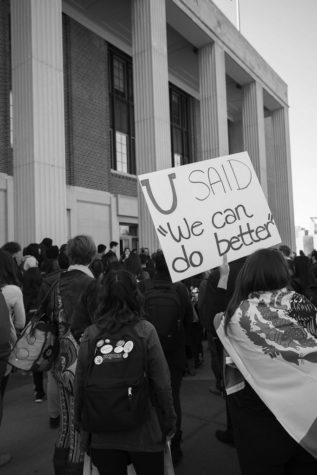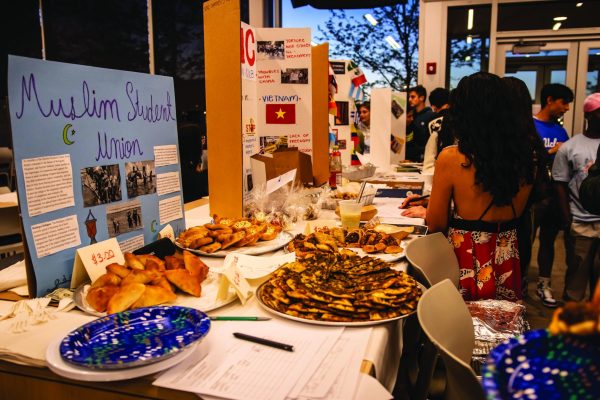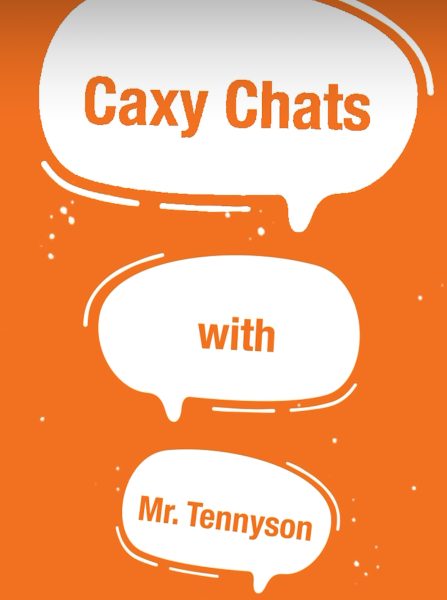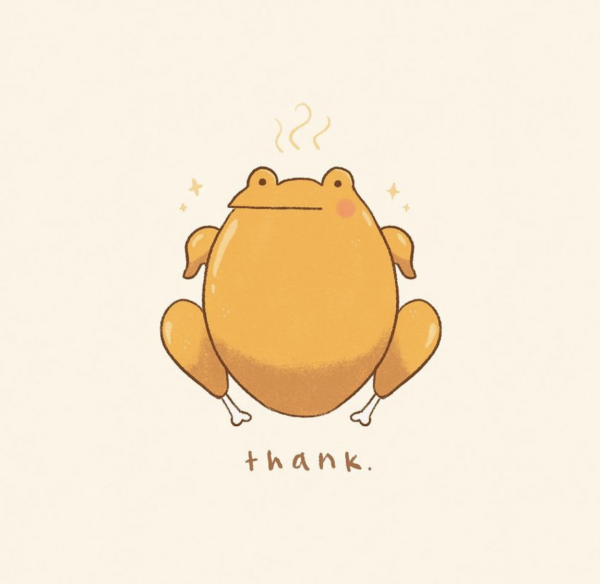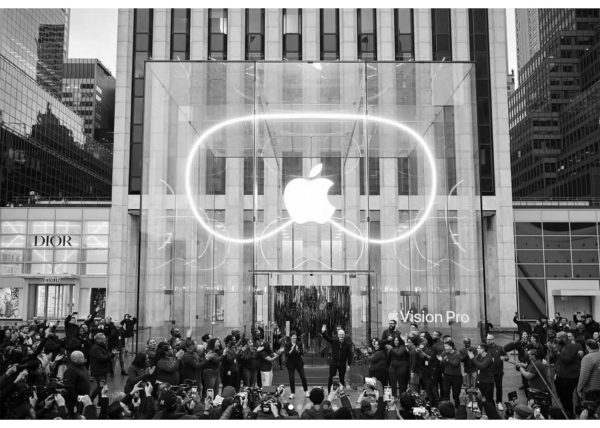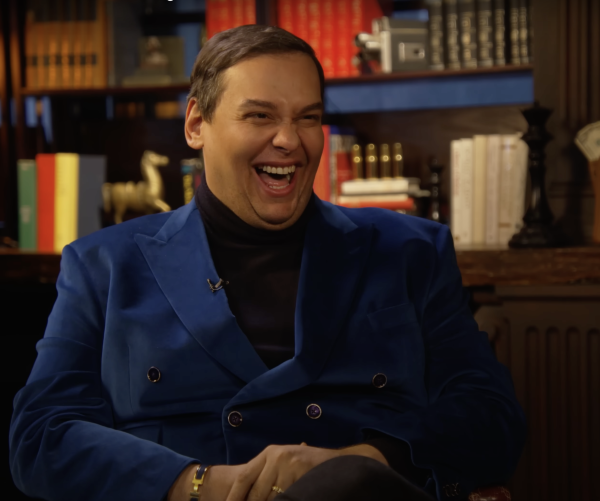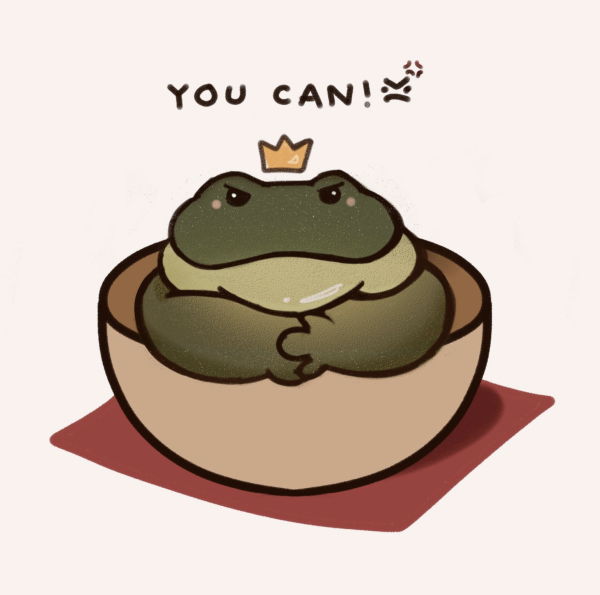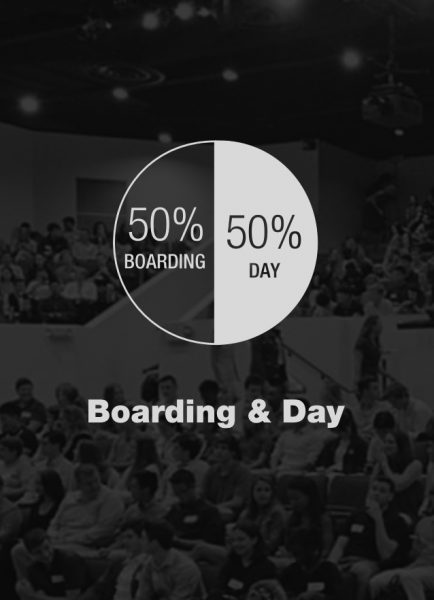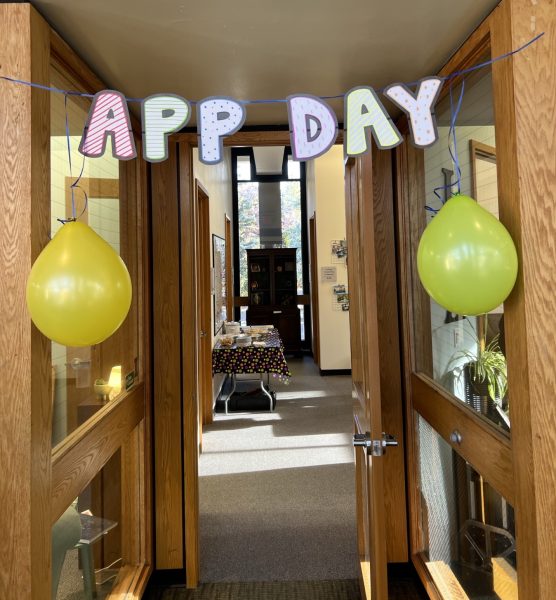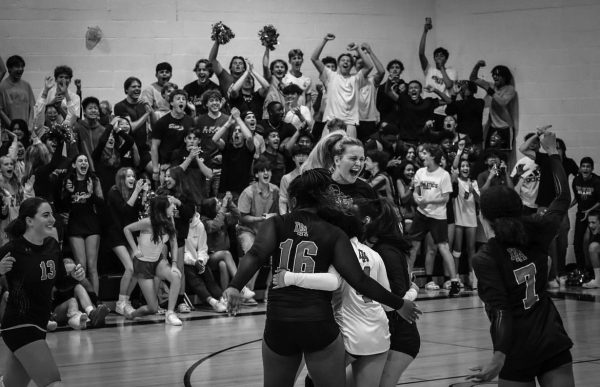Hate and its prevalence in words
November 10, 2022
Do we have the right to hate?
The boundary between hate speech and free speech has been a blurred line since the passage of the First Amendment. The Supreme Court case Brandenburg vs. Ohio in 1969 set a landmark decision by interpreting the First Amendment. The court established protection of inflammatory speech unless such speech directly incites imminent criminal activity. Due to the absence of law enforcements defining an antagonistic environment filled with hate, hostility is constantly experienced by marginalized groups.
Anyone may be the target of verbal siege at any minute at the information vortex known as the Internet. The Internet, an interactive platform, creates an intrusive atmosphere—people can say things anonymously without repercussions—incentivizing the growth of hate. Under such an atmosphere, language can be weaponized in online spaces where hate speech is argued as a personal preference.
Oftentimes, people raise questions as to why it would be illegal to hate, while intentionally or unintentionally, those who commit hate speech erase the political motives behind their words. To dislike Coca-Cola compared to Sprite is different from disliking a group of people. When one publicly expresses a highly controversial statement regarding a particular affinity group, their hatred develops into an argument that their words are simply preferences.
The personal is political, a rallying slogan of the second-wave feminism movement from the late 1960s, articulates that not merely personal feelings drive hate speech, rather could represent a universal circumstance. Hate hidden online feeds off of each other, feeding into a vivacious cycle. Its occurrence, even when claimed as apolitical, lacks an understanding of how much harm it would bring to the targeted individuals or groups. You cannot claim that hate against a minority group is ever apolitical. Every discriminatory word could be the brick and mortar that contributes to the hateful attitutdes against a certain group of people. Hence, the hierarchy of society is built, word by word, when language is utilized as a way of segregation and exclusion.
Hate speech is not just an expression; the ideas correlating with hate frequently become ingrained in people’s mindset, and can be translated into real physical violence. Only by intercepting hate speech at its source can society prevent the eternal crisis of hate crime. The protection of free speech should not be the justification of hate speech, as the Antifa activist Daryle Lamont Jenkins in the documentary Alt-right: Age of Rage states, “hate speech is protected by the first amendment, but that doesn’t mean that it is protected by ethics.”
Language, when not being weaponized, can channel inclusion and fairness along with love and hope. Public forums are a unique place that allows the entrance of all types of voice, where the media typically displays a hegemony of opinions. However, no one should be abusing the system which allows an end to the unjust silencing of marginalized groups and converting it into an attack of others. To speak is to make a difference, so why not make use it for the better?
